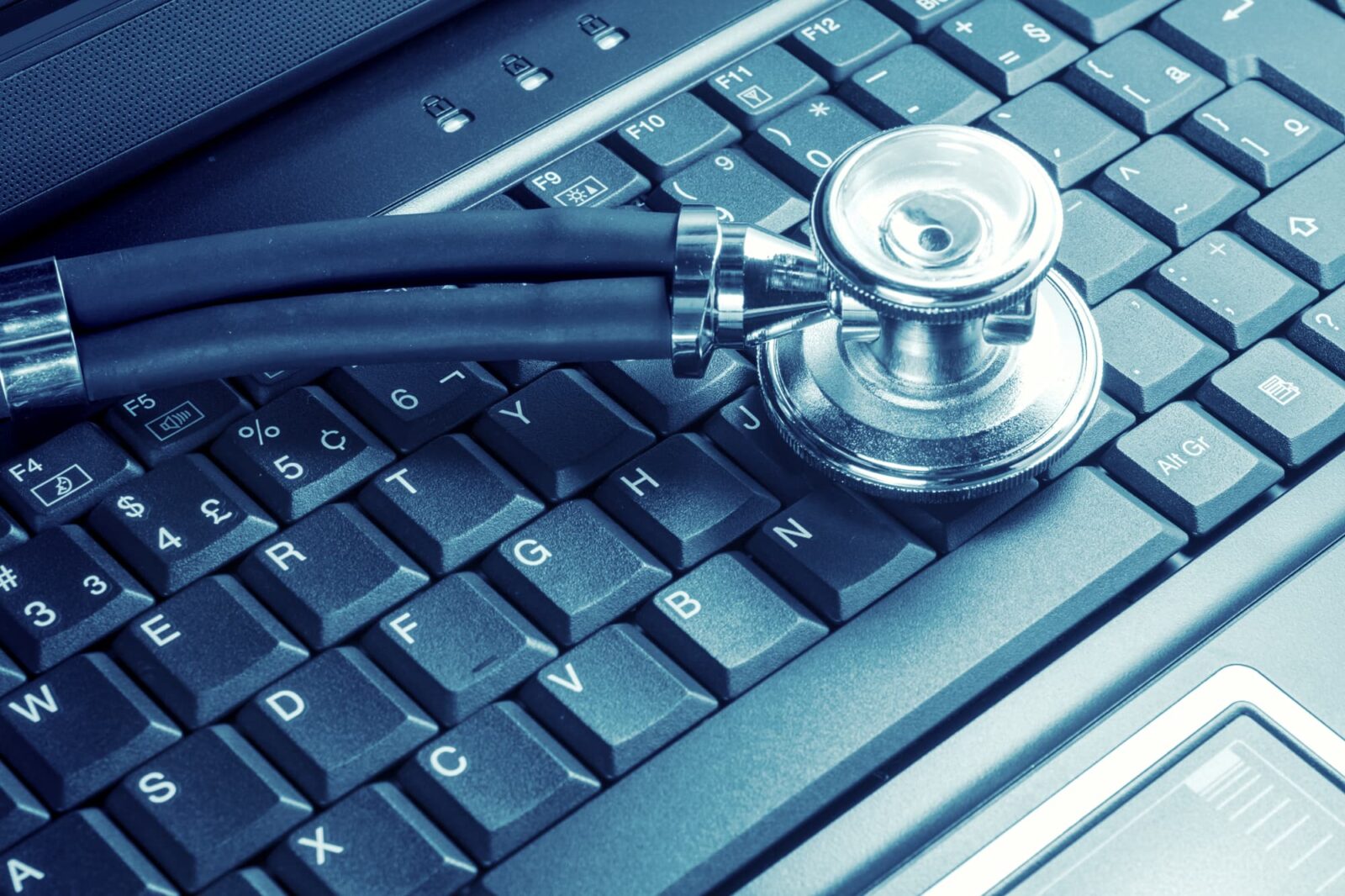Medical coding is the process of transforming healthcare diagnoses, procedures, medical services, and equipment into universal medical alphanumeric codes. The codes are used to bill insurance companies, patients, and government healthcare programs for medical services provided by healthcare providers. Medical coding is an essential part of the healthcare industry, and accuracy is crucial to ensure proper payment, reduce billing errors, and maintain compliance with regulations.
In this article, we will discuss the best practices for mastering medical coding, which will improve accuracy and efficiency.
Importance of Accurate Medical Coding
Accurate medical coding is essential for healthcare providers to receive proper reimbursement for the services they provide to their patients. Accurate coding ensures that healthcare providers are reimbursed for the services provided, and it also helps to prevent fraudulent billing practices. Medical coding also plays a crucial role in the healthcare industry as it helps to maintain compliance with regulatory requirements and quality of care.
Best Practices for Improved Medical Coding
Keep Up-to-date with the Latest Coding Guidelines
Medical coding is a dynamic field, and new codes and regulations are introduced regularly. Therefore, it is crucial to stay up-to-date with the latest coding guidelines to ensure accuracy and compliance with regulatory requirements. Medical coders must regularly review updates to the Current Procedural Terminology (CPT) and the International Classification of Diseases (ICD) codes.
Understand Medical Terminology and Anatomy
Medical coders must have a deep understanding of medical terminology and anatomy to accurately assign codes to medical services and diagnoses. Medical terminology and anatomy can be complex, and it is essential to have a solid understanding of both to ensure accurate coding. Medical coders must also be aware of the latest medical terminology and anatomy updates.
Must Follow The Ultimate Guide to Passing the CPC Exam
Ensure Documentation is Complete and Accurate
Medical coders must ensure that the medical documentation they receive is complete and accurate. Medical coders must have a thorough understanding of the patient’s medical record and medical history to assign accurate codes. Incomplete or inaccurate documentation can result in inaccurate coding, which can lead to denied claims and loss of revenue.
Use Codebooks and Online Resources
Medical coders must have access to codebooks and online resources to ensure accurate coding. Codebooks provide a comprehensive list of codes and descriptions for medical services and procedures. Online resources provide access to the latest coding guidelines and updates.
Communicate Effectively with Healthcare Providers
Medical coders must communicate effectively with healthcare providers to ensure accurate coding. Healthcare providers can provide valuable information about the patient’s medical history and medical services provided, which can help medical coders assign accurate codes. Effective communication can also help to prevent errors and ensure compliance with regulatory requirements.
Conclusion
Medical coding is an essential part of the healthcare industry, and accuracy is crucial to ensure proper payment, reduce billing errors, and maintain compliance with regulations. Mastering medical coding requires a deep understanding of medical terminology and anatomy, staying up-to-date with the latest coding guidelines, ensuring documentation is complete and accurate, using codebooks and online resources, and communicating effectively with healthcare providers. By following these best practices, medical coders can improve accuracy and efficiency in medical coding, resulting in proper payment and reduced billing errors.

